Trump Pledges to Lift Syria Sanctions, Seals $142 Billion Arms Deal During Saudi Visit
Riyadh, Saudi Arabia — On the first day of his high-profile Middle East tour, President Donald Trump announced a major shift in U.S. foreign policy by pledging to lift all sanctions on Syria. The surprise move came as he secured a $142 billion arms agreement with Saudi Arabia and sought to deepen U.S. investment ties with Gulf nations.
Speaking at an investment forum in Riyadh, Trump declared the U.S. has "no stronger partner" than Saudi Arabia, describing the U.S.-Saudi relationship as “more powerful than ever before.” The visit, marked by lavish ceremony and economic diplomacy, aims to strengthen alliances and attract foreign capital to boost the American economy—a central focus in the early months of Trump’s second term.
A New Era for Syria
In a significant policy reversal, Trump said that with former Syrian President Bashar al-Assad now ousted and a new transitional government in place, the time had come for Syria to "move forward with a chance at greatness." The sanctions, in place for over a decade, had been designed to isolate Assad’s regime. Trump credited Saudi Crown Prince Mohammed bin Salman for encouraging the move, joking, "Oh, what I do for the crown prince."
Syria’s foreign minister, Asaad Shibani, welcomed the decision as a "new start" for reconstruction. Former U.S. Ambassador to Syria Robert Ford praised the move, noting that lifting sanctions could unlock crucial funding from Gulf states and aid agencies to help rebuild the war-torn country.
Trump is expected to meet with Syria's transitional president, Ahmed al-Sharaa, in Saudi Arabia on Wednesday to discuss next steps.
A Strategic Arms Deal and Investment Push
The $142 billion arms deal signed between the U.S. and Saudi Arabia is just the beginning. Crown Prince Mohammed bin Salman indicated that total Saudi investments in the U.S. could eventually surpass $1 trillion. Trump’s delegation included some of America’s most influential business leaders—Elon Musk, OpenAI CEO Sam Altman, BlackRock CEO Larry Fink, and Nvidia CEO Jensen Huang—signaling the tour’s emphasis on economic collaboration.
Huang announced that Nvidia will sell over 18,000 advanced AI chips to Saudi startup Humain, underscoring Riyadh’s ambition to become a leader in artificial intelligence and diversify its oil-dependent economy.
Lavish Welcome and Political Undertones
Trump’s arrival was met with grandeur, including a ceremonial lavender carpet—symbolic of Saudi desert wildflowers—and a procession of Arabian horses. The tone was markedly different from the cooler reception given to President Joe Biden during his 2022 visit, which followed Biden's sharp criticism of Saudi Arabia over the 2018 killing of journalist Jamal Khashoggi.
"I like him too much," Trump said of the crown prince. "That’s why we give so much."
Regional Diplomacy and the Abraham Accords
Trump also expressed hope that Saudi Arabia might eventually join the Abraham Accords—his administration's landmark deal normalizing relations between Israel and several Arab states. However, Crown Prince Mohammed bin Salman remains firm that Saudi participation hinges on a permanent end to the Gaza conflict and a path to Palestinian statehood.
Trump only briefly touched on the Israel-Hamas war, condemning Hamas for “kidnapping, torturing, and targeting for political ends” during the October 7, 2023, attack on Israel. He emphasized that the people of Gaza deserve a better future.
Next Stops: Qatar and the UAE
Following his Riyadh visit, Trump will travel to Qatar and the United Arab Emirates. The UAE has already committed to investing $1.4 trillion in the U.S. over the next decade, further highlighting the financial focus of Trump’s diplomatic outreach.
As Trump courts investment and pushes for renewed influence in the region, his whirlwind tour reflects a blend of geopolitical maneuvering and economic strategy aimed at reshaping U.S. relationships in the Middle East.

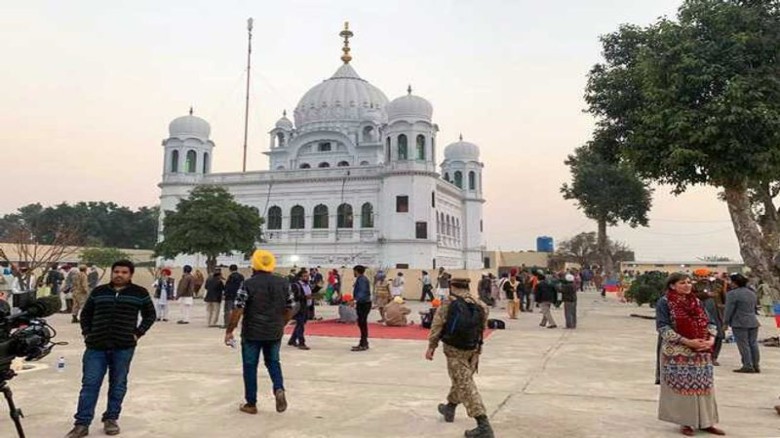


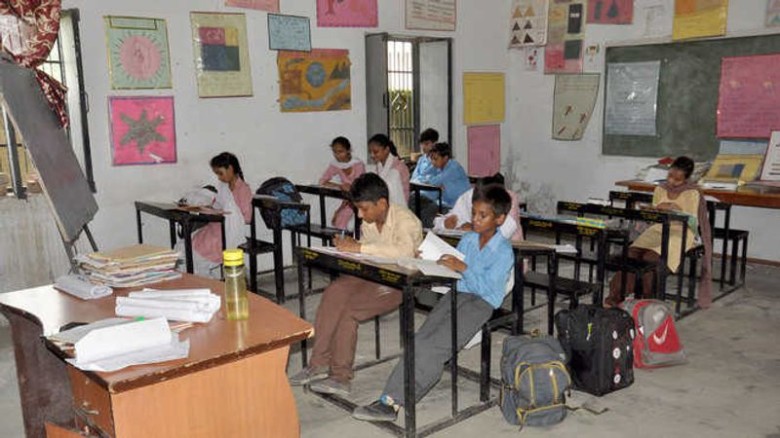




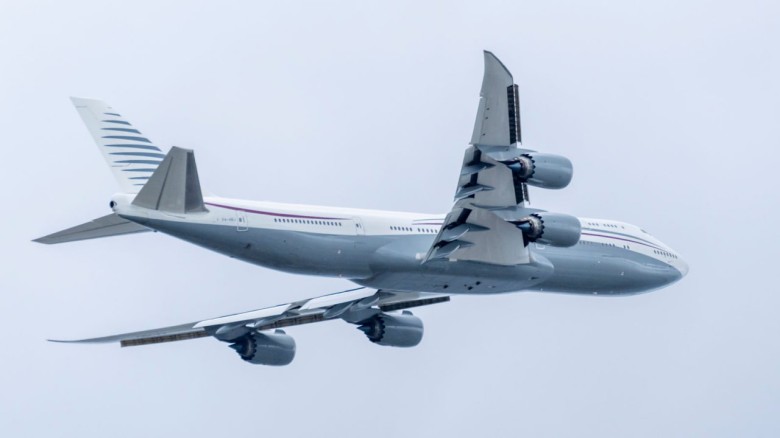

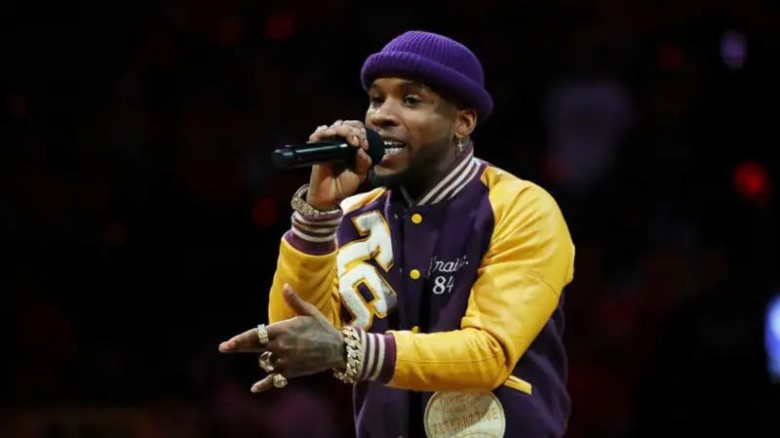
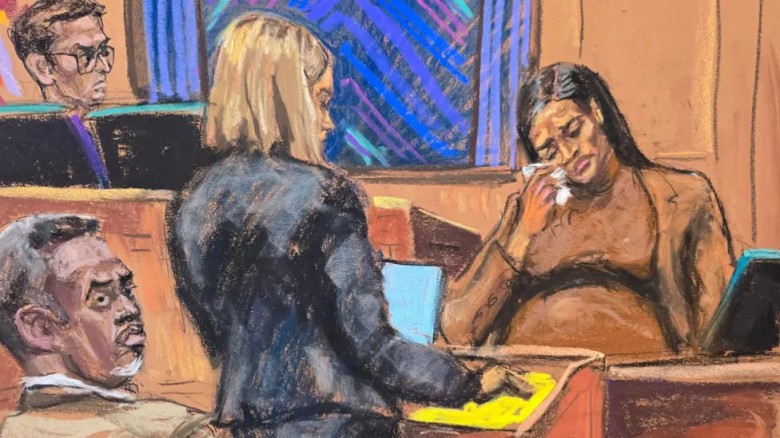








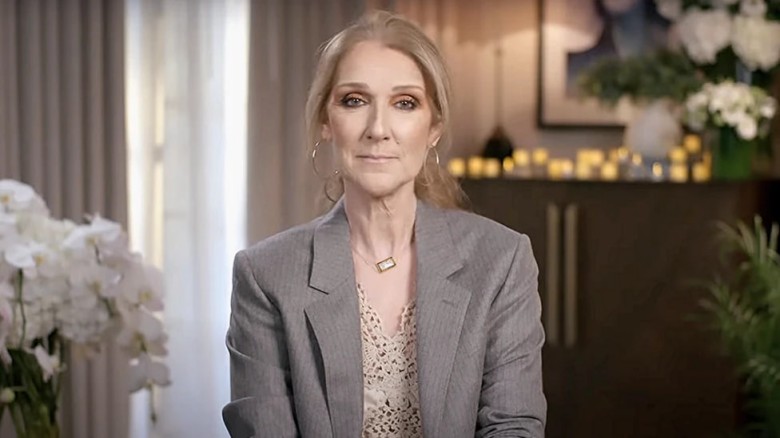


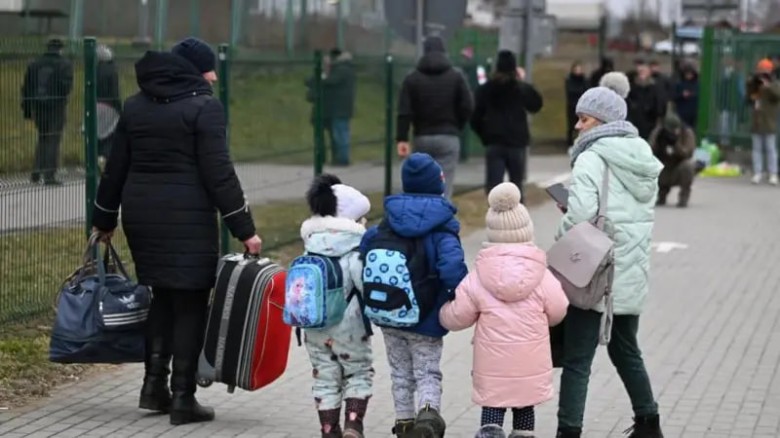



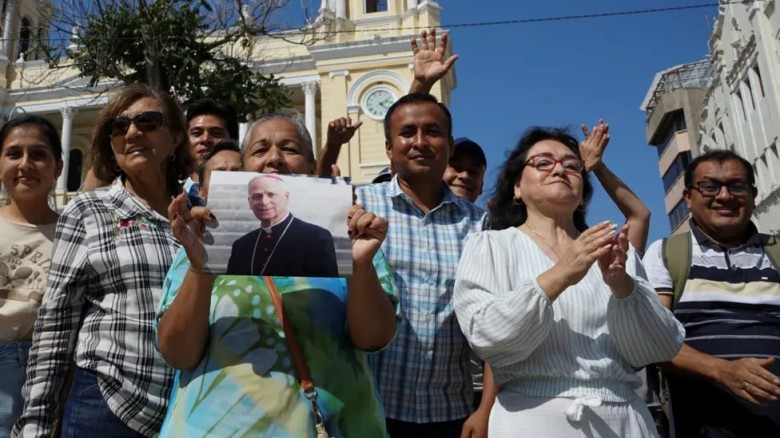









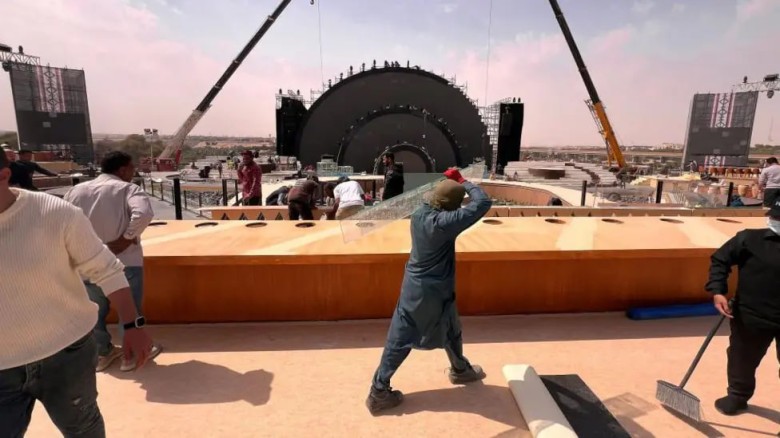

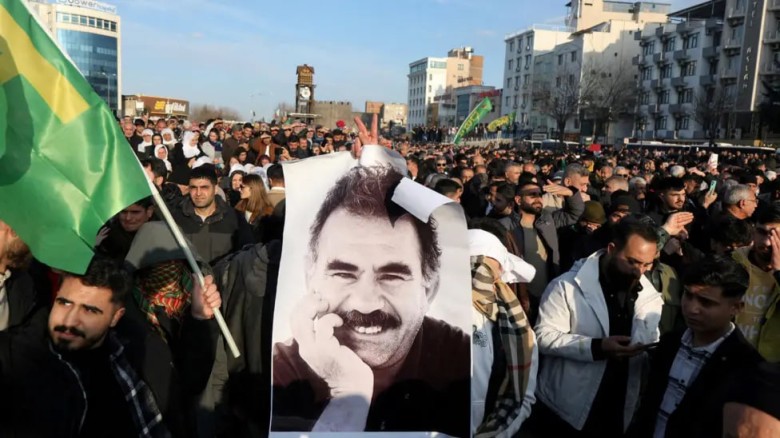









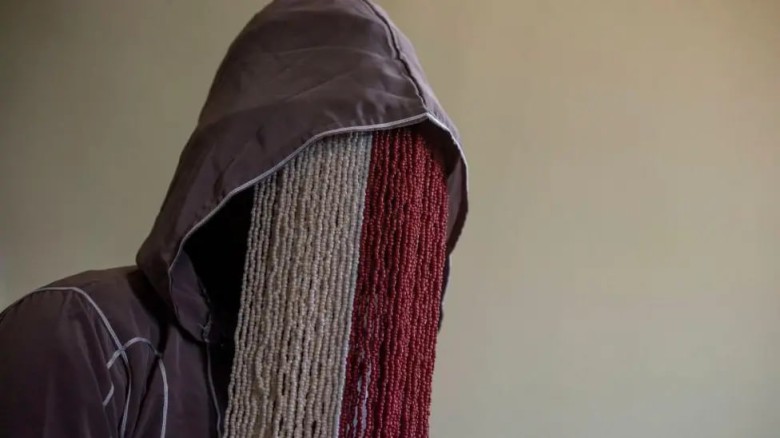
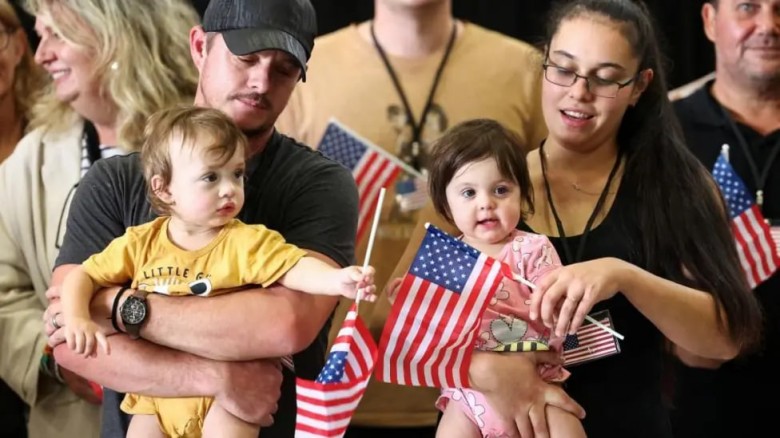


















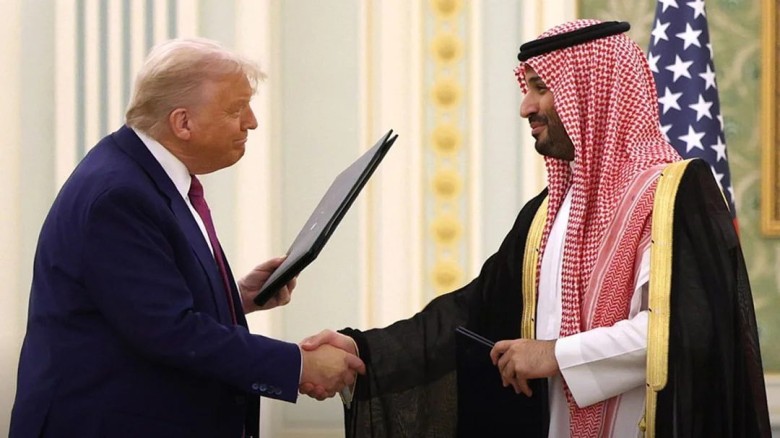


Leave A Comment